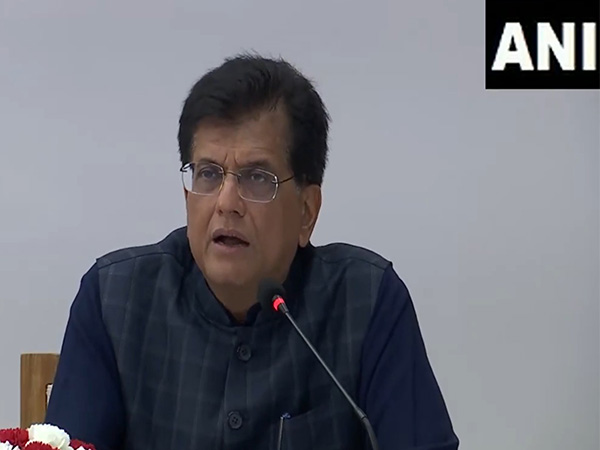AUSTIN (KXAN) -- The arrival of April on Tuesday brings with it the recognition of National Stress Awareness month. It's a time when experts suggest we recognize the impact that stress has on our lives and how we can take steps to manage it more effectively.Ignoring stress can lead to a variety of problems for our mental and physical health.
KXAN spoke with Wendi Kozlowski about what strategies can be taken to manage that stress. She's a licensed professional counselor supervisor and the clinical director at Pathlight Mood and Anxiety Center in Round Rock.Read a transcription of the interview below, or watch in the video player above.

Some responses have been edited for clarity.Avery Travis: We know experts say one strategy to take on stress is to prioritize setting boundaries. So, explain how important that can be.
Wendi Kozlowski: Yeah, absolutely. What boundaries are is different for every one of us, right? And one of the things that can be really challenging about setting boundaries is holding the boundary. Often, we can ask for what we need, but those who benefit the most from us not having boundaries are going to push back, and they're going to try to work around those.
And setting and holding, saying no, all those are really important steps of setting boundaries and practicing self-care. Self-care isn't always pretty and bubble baths and all those things. Setting boundaries is an important part of that, and knowing what your boundaries are can also be important.
Doing a value sort can help you figure out what those top five values are and how to set boundaries around protecting those.Will DuPree: We want to ask you about self-care a little bit more in just a few moments. But right now, I'm wondering, if you know, if you're trying to effectively set up boundaries with family members or friends or even coworkers, what would be your suggestions about how to best communicate those?Kozlowski: Yeah, absolutely, I would say, first, making sure that the time that you're talking with these people, they're aware you're trying to have an important conversation with them, not just doing like a drive-by conversation, but truly, 'Hey, I have something important to talk to you about.
When can we have some time to do that,' and then naming what is happening. 'I'm having a really hard time juggling all of the things. I'm in a really stressful time in my life.
These are some things that would be helpful, or ways that you can support me really specifically.' I would also say boundaries around social media and those kinds of things are also important. Setting boundaries with yourself is sometimes just as hard as with other people.
Travis: Really good reminders there. This next question, I think, may be hard for a lot of us. I think it's even hard for me to say out loud, but feeling okay to say no to things- we know that can bring feelings of guilt for many of us, it's just not even on the table sometimes.
So I know that's a boundary that many people are working to try to set. How can you practice recognizing our limits without, you know, dealing with some of the repercussions after you do so?Kozlowski: Yeah, absolutely. I think knowing not just what those values are, but the things that you're juggling, what balls are glass and what balls are rubber? What's going to bounce when you drop it, and what will not is really important.
And being on the same page with that, what's glass, what's rubber, with your support people is going to be really important. And so once you identify those components, it becomes a little bit easier to say, I'm going to say no to this rubber ball, and I'm going to trust that it's going to bounce, right? Or that someone else is going to pick it up for me. But it is one of the hardest parts about setting boundaries.
So many of us are givers and support people to others, and saying no feels like we're disappointing someone or letting someone down. Especially right now, so many of us are struggling with high levels of stress and being overwhelmed, so saying no is not just as simple as setting boundaries for yourself but potentially letting someone down or adding to someone else's stress. And so these conversations and having some radical candor and transparency are all going to be ways that you can help yourself feel better about saying no.
DuPree: Talk about what are some of the ways that we can take care of ourselves a little bit better.Kozlowski: Absolutely. I think finding things that bring you joy- whether that's reading a book, listening to music, visiting someplace new, or taking a break from social media.
I think one of the most helpful things for me, and I know for a lot of Austinites, is getting outside, especially in the spring. It's so wonderful, and connecting with nature is a great mood booster. If you're not able to do that for whatever reason.
You know, even opening the windows and these different ways that we can connect with our outside world is important and releases a lot of neurochemicals for us- journaling, self-care, as well as talking with a counselor or someone else who's a support person..
Health

'Setting boundaries and practicing self care': How to effectively manage stress

Ignoring stress can lead to a variety of problems for our mental and physical health.















